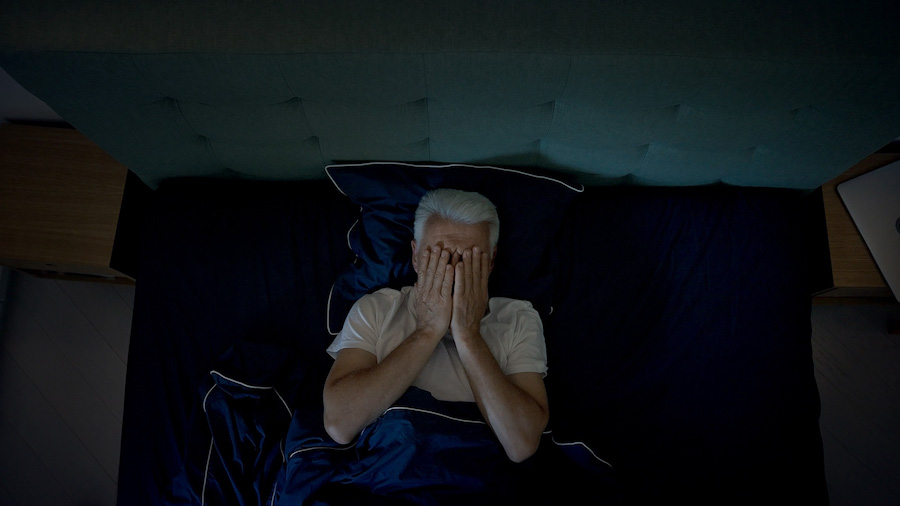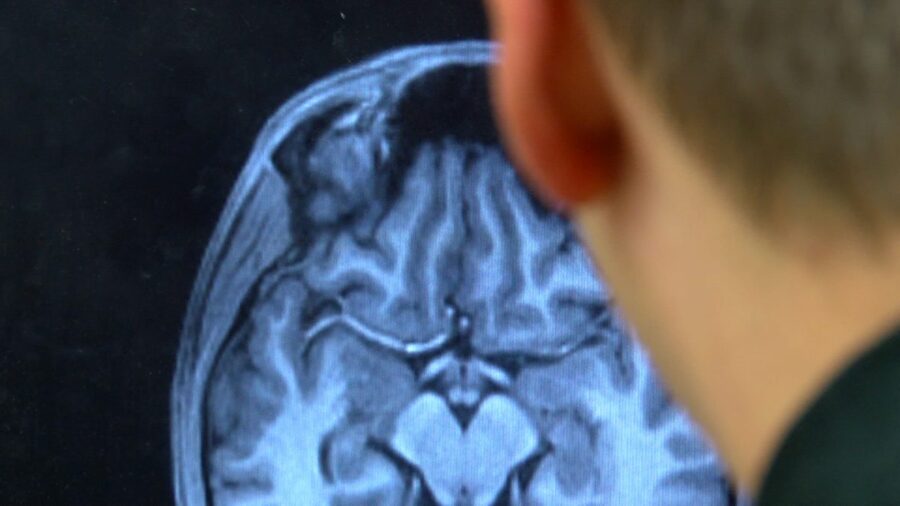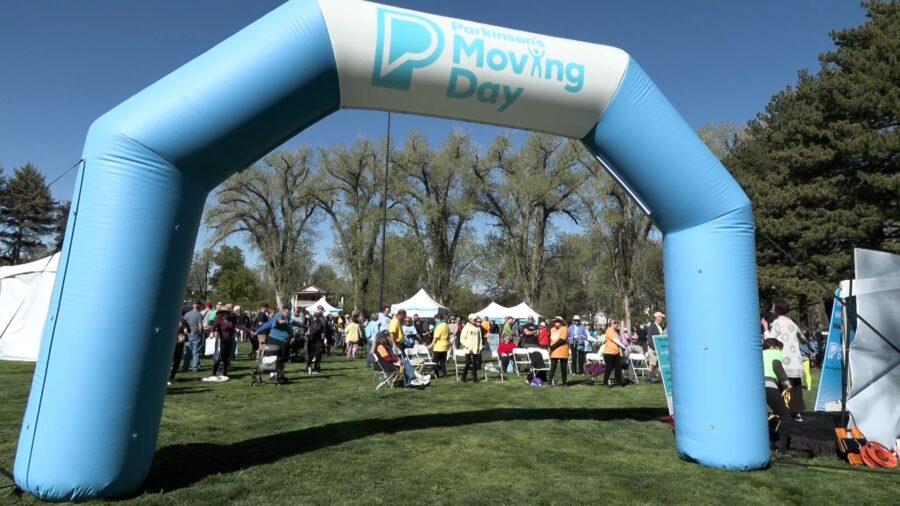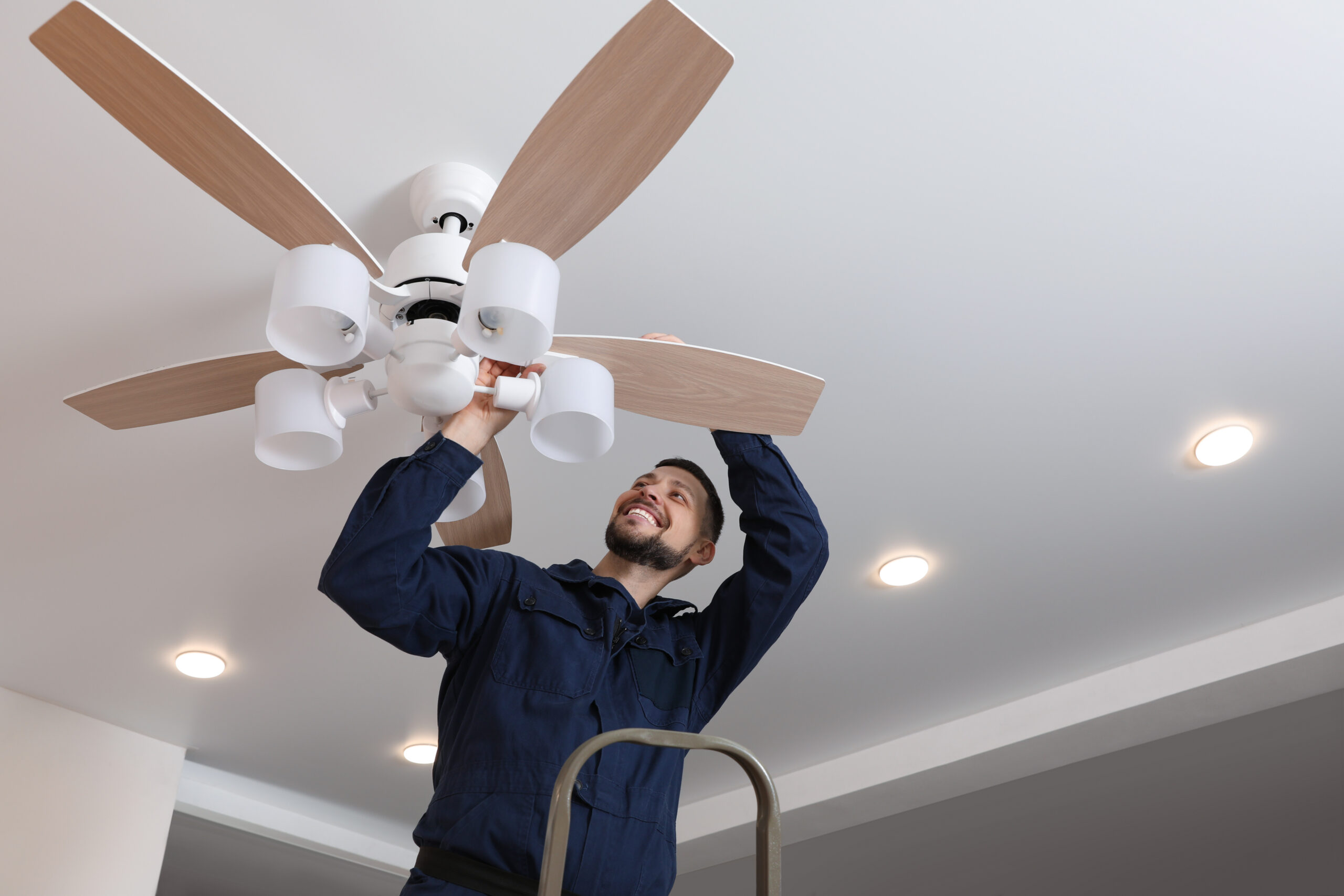Sleep apnea, lack of deep sleep linked to damage in brain, study says
May 10, 2023, 3:15 PM

Reduced levels of deep sleep increase the risk of developing high blood pressure, obesity and trouble regulating blood sugar levels. (janiecbros/E+/Getty Images via CNN)
(janiecbros/E+/Getty Images via CNN)
(CNN) — Uncontrolled sleep apnea — a disorder in which people stop breathing for 10 seconds or more at a time multiple times a night — may harm future brain health, a new study found.
It’s estimated 936 million adults worldwide between the ages of 30 and 69 may suffer from sleep apnea, with many more people undiagnosed. If the sleep apnea is severe and untreated, people have three times the risk of dying from any cause.
People with severe sleep apnea who spent less time in deep, also known as slow-wave sleep, had more damage to the white matter of the brain than people who had more slow-wave sleep, according to the study.
White matter is the tissue that forms connections between brain cells and the rest of the nervous system. When the brain is scanned, small white spots, called white matter hyperintensities, show the extent of the damage.
For every 10% decrease in time spent in deep sleep, there was an increase of white matter hyperintensities in the brain similar to the effect of being 2.3 years older, said study coauthor Dr. Diego Carvalho, a neurologist at the Mayo Clinic in Rochester, Minnesota.
“The association with sleep apnea was only unveiled when we isolated severe cases, suggesting that mild to moderate sleep apnea may not be significantly associated with white matter changes,” he said.
However, no treatment exists for such changes in the brain, “so we need to find ways to prevent them from happening or getting worse.” Carvalho said.
Having more white matter hyperintensities can slow the brain’s ability to process information, pay attention and remember, experts say. Lower levels of white matter have also been connected to mental health issues such as depression, anxiety and irritability.
“Their findings are consistent with the literature that indicates sleep, including slow-wave sleep, plays an important role in maintaining brain health,” said sleep specialist Kristen Knutson, an associate professor of neurology and preventive medicine at Northwestern University’s Feinberg School of Medicine in Chicago.
“We have also seen associations between poor sleep quality and higher blood pressure, and high blood pressure can lead to brain lesions or stroke,” said Knutson, who was not involved in the new research.
White matter damage
The study, published Wednesday in the journal Neurology, looked at 140 people with an average age of 72 participating in the Mayo Clinic Study of Aging. All were without dementia and cognitively unimpaired during testing and had undergone one of two types of magnetic resonance imaging (MRI) scans.
About 34% of the participants had mild sleep apnea, 32% had moderate and 34% had severe sleep apnea. With sleep apnea, oxygen drops, and carbon dioxide levels, blood pressure and heart rate rise, Carvalho said.
“All these changes lead to increase in inflammation in the body and brain, activation of stress hormones that will raise our blood pressure and affect our metabolism, blood may get thicker,” he said. “Changes in the blood vessels can lead to stroke and poor blood supply to the brain can cause neuronal death or impairment of white matter, which can ultimately contribute to cognitive decline.”
The study looked at two biomarkers for damage in the brain: an increase in white matter hyperintensities and changes in fractional anisotropy of the genu of the corpus callosum (genu FA), which measures the movement of water inside fibers that connect neurons in the brain.
“Changes in the movement of the water in axons are related to problems in their integrity suggesting damage to its structure,” Carvalho said. “We used this measure to investigate early white matter abnormalities associated with vascular disease.”
Dementia caused by vascular disease is the second most common type of dementia after Alzheimer’s disease, experts say.
After factoring out conditions that could impact brain changes, such as age, high blood pressure and cholesterol, the study found each drop of 10% in slow-wave sleep was equivalent to three years of aging as measured by genu FA, Carvalho said.
The examination of white matter hyperintensities showed similar results, Carvalho said. The brain of a patient who had only 5% of their total sleep during the study in slow-wave or deep sleep looked 4.6 years older in terms of white matter abnormality compared to a patient who had 25% of their sleep in slow-wave sleep, he said.
Some degree of white matter damage is typical in midlife, due to repeated exposure to environmental challenges such as pollution, stress and cardiovascular issues, to name a few. A 2019 study, for example, found white matter hyperintensities in the brains of 45-year-olds.
Such changes in white matter have been associated with increased risk for cognitive decline as well as Alzheimer’s disease and related types of dementia. However, having white matter damage does not guarantee serious mental decline, said Alzheimer’s disease researcher Dr. Richard Isaacson, a preventive neurologist at the Institute for Neurodegenerative Diseases of Florida.
“Having white matter disease isn’t a ‘good’ thing, but how clinically meaningful it is is hard to judge — generally speaking less is more, but that doesn’t always translate into clinical symptoms,” said Isaacson, who was not involved in the new study.
In addition, the study could only show an association, not causation, so further studies are needed to understand the relationship between sleep apnea and changes to the brain, Knutson said.
“It may be that a lower percent of slow-wave sleep is a consequence of fragmented sleep, particularly due to the obstructive sleep apnea, or it may be that slow-wave sleep itself is important for cardiovascular and brain health,” she said.
Why is slow-wave sleep important?
During the first and second stages of sleep, the body starts to decrease its rhythms. Doing so leads to the third stage — a slow-wave or deep sleep where the body is literally restoring itself on a cellular level — fixing damage from the day’s wear and tear and consolidating memories into long-term storage.
Years of research has found sleep, especially the deepest and most healing kind, boosts immune functioning. Slow-wave sleep is also the time when the body “takes out the trash” in the brain, Isaacson said, including beta amyloid, one of the hallmark signs of Alzheimer’s.
Deep sleep is considered one of the best markers of sleep quality, because a person must typically have relatively uninterrupted sleep to achieve it. Since each sleep cycle is roughly 90 minutes long, most adults need seven to eight hours of relatively uninterrupted slumber to achieve restorative sleep, according to the U.S. Centers for Disease Control and Prevention.
People with sleep apnea, however, can have dozens of micro-awakenings during the night as they snore, snort or gasp for breath. The constant interruption makes if difficult to get enough deep sleep and progress onto the final stage, called rapid eye movement or REM sleep, where dreams occur.
Studies have shown that missing REM sleep may lead to memory deficit and poor cognitive outcomes as well as heart and other chronic diseases and an early death.
The-CNN-Wire™ & © 2023 Cable News Network, Inc., a Warner Bros. Discovery Company. All rights reserved.













